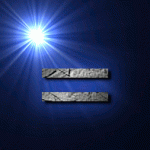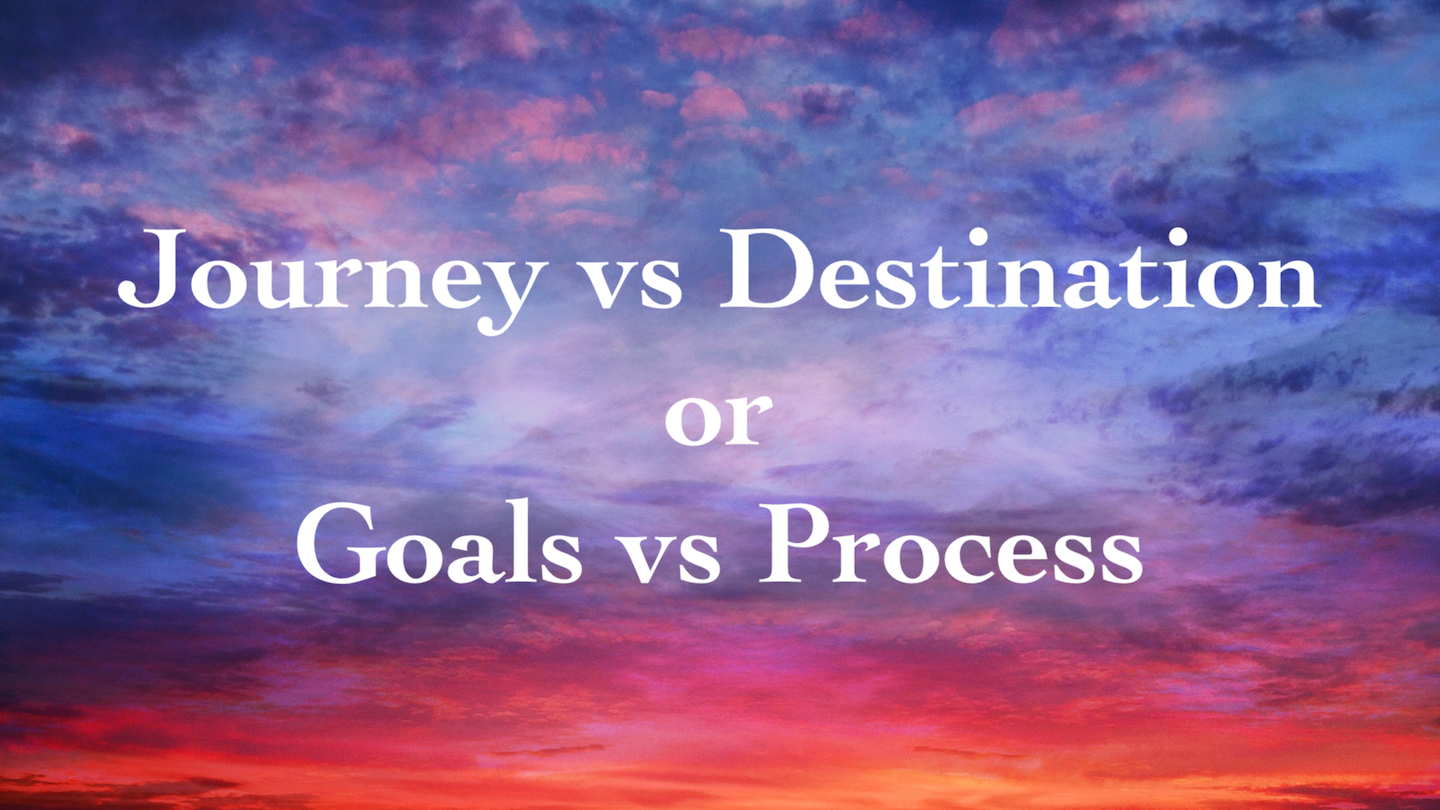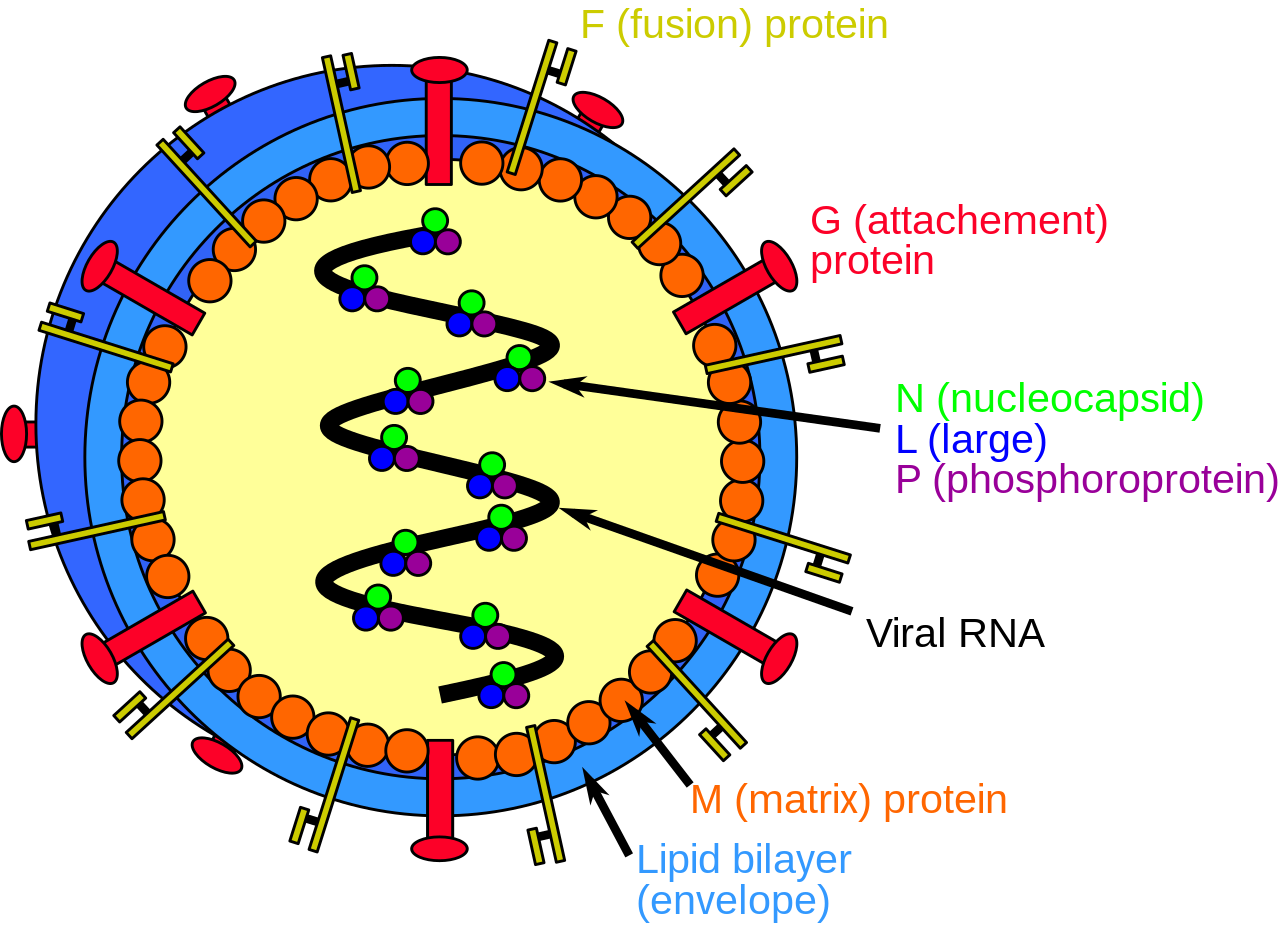Equality
 When you hear the word equality being used, what do you think? What do you feel? Are you satisfied that we’re moving in the right direction? Do you feel that we’re already there? Or maybe you’re dissatisfied with society’s progress. Maybe you’re filled with filled with rage.
When you hear the word equality being used, what do you think? What do you feel? Are you satisfied that we’re moving in the right direction? Do you feel that we’re already there? Or maybe you’re dissatisfied with society’s progress. Maybe you’re filled with filled with rage.
What you feel is almost assuredly associated with what you were raised to believe. And what you were raised to believe is almost assuredly associated with your social status. And that, in turn, is almost assuredly associated with your colour.
In a very real sense, I grew up entirely ignorant of the problem. As the son of Canadian actor Don Francks and small-town girl-turned-flower child Nancy Sue, my grasp of racial differences were entirely based from a place of love and respect. People of different creeds and colours frequented our social circle and I learned to see them as, wow, people. It never, ever occurred to me that any of these people might be lesser than me. Or anybody else, for that matter.
My parents divorced early on and dad went on to marry a beautiful and talented dancer, Lily. They, in turn, created two beautiful kids of their own, Cree Summer and Rainbow Sun. Lily is black and dad is white, so the kids turned out to be a lovely blend of black and white. Blends are good, I think. My own kids from my second marriage are a blend of Japanese and white.
Which brings me back to my original thought: What is equality? How does one measure it? What is the quantifiable baseline from which one can state, beyond doubt, when a segment of society is not enjoying equality? Unfortunately, it’s a more complex problem than I originally thought. Why? Unfortunately, it goes beyond colour/race and extends to caste. Like it or not, we live in a world in which equality is far from prevalent. The reasons for it are a mix of obvious and subtle.
The most obvious problem is associating skin tone as making somebody really, really different. There’s no scientific basis for making such an assertion. From a DNA perspective, there are not enough differences to distinguish black from Caucasian from Japanese or whatever. Skin tone is nothing more and nothing less than an evolutionary adaptation to environmental stress. So, if your ancestors came from Northern Europe and suffered through long periods of little sunlight, you’re probably about as white bread as they come. And if your skin tone is darker, it’s only because your ancestors inhabited areas for long periods of time where they enjoyed a lot of direct sunshine with little (or no) canopy overhead.
Somewhere along the line, we became fearful of such differences. Part of this, no doubt, is because along with a “That dude looks different” was the problem of communication. When you’ve just sailed half-way around the world and met that guy with the funny-shaped eyes, he spoke a different language and had entirely different social customs. Fear and ignorance go a long way to creating a bogey man against which to rail.
Equality suffers when it comes to social status. In a market-driven economy, you’re looking at a situation where those with the money are constantly looking to consolidate their position. (That’s secret code for get more money.) In such a “free” market, it’s common for the European feudal mentality to express itself. Instead of companies and individuals exchanging services in a mutually beneficial arrangement, many operate from a place of ownership and control.
I’ve been on the receiving end of such a relationship. For a long time as an employee of a particular company, I operated fairly autonomously and I honestly felt that I was enjoying a relationship of peers. All it took was a new HR director to be hired and the entire complexion of my employment changed overnight. Instead of telecommuting, I was forced to commute 3 hours per day. And then I was downsized, to save money. In those latter changes, I realized that I wasn’t a peer. I was a serf. Being downsized actually proved to be the best thing to ever happen to me, as it forced my hand and caused me to empower myself to forever only interact with others as a peer.
Still, the issue of the Haves trying to have more at the expense of those who don’t have enough is very real. In North America, especially, we see a social structure that pretends to give equal opportunity to everybody, while nursing along the truth that money brings with it privilege. Without equal money, there can be no equal opportunity in that social structure.
So, you have a society in which education opportunities are tiered and only the cream of the well-to-do can access the best opportunities. In fact, the same is true in the U.S. of the for-profit healthcare system, in which providers are always on the lookout for ways of denying healthcare and only those with wads of cash are solvent enough to get their services despite the system trying to cut ’em off.
Making things worse is the two-pronged socio-racial attack: On one hand, you have the hysterical fear from All Things Different that breeds irrational hate for anybody of a different race, creed, colour or religion. On the other hand, you have those who hold the money being able to capitalize on the former FUD as a means of distracting the masses from the process of creating a greater divide between the haves and have-nots.
So I ask again: What is equality?
The first answer must be equal opportunity for education, health and welfare regardless of race, creed, colour or social caste. It means saying NO to racial profiling. It means the court trials for whites killing blacks offering parity in sentencing as they do for blacks killing whites. It means that no matter what ethnic persuasion you may happen to be, you have just as many opportunities as anybody else.
It also means that we don’t worry about other people’s religion, sexuality, marital status or living arrangements. It means that we don’t deny a gay man visiting rights to his partner in hospital due to not recognizing their relationship.
All things being equal, some things are more equal than others.
That used to be a joke I’d make, but it has become more of a thorn for me over the last couple of decades. At some point, we need to move beyond the status quo and fully embrace a world in which we all give each and every last man, woman and child complete access to education and healthcare. To afford them all chances to grow and flourish in society.
The U.S. currently has the highest incarceration rate per capita of any country in the New World. If you ask me, that is the very definition of Poster Child for Inequality. Until we turn the tide and stop trying to control all those who appear to be different than us white-bread folk, the world is not going to be a happy place. And in case you think it’s okay for Blacks and Latinos to be stuffed away out of sight, just remember that one day when they’re all locked up, you might be next. You might be deemed different enough to be locked up.
Freedom only works when it is afforded — 100% — to everybody.




Leave a Reply